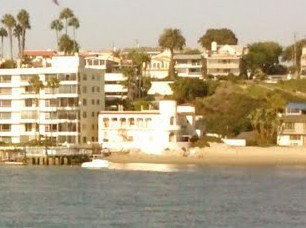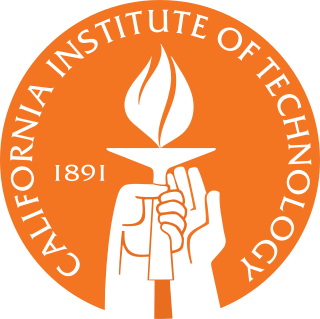
The California Institute of Technology (branded as Caltech) is a private research university in Pasadena, California. The university is responsible for many modern scientific advances and is among a small group of institutes of technology in the United States that are devoted to the instruction of pure and applied sciences.

David Baltimore is an American biologist, university administrator, and 1975 Nobel laureate in Physiology or Medicine. He is a professor of biology at the California Institute of Technology (Caltech), where he served as president from 1997 to 2006. He founded the Whitehead Institute and directed it from 1982 to 1990. In 2008, he served as president of the American Association for the Advancement of Science.
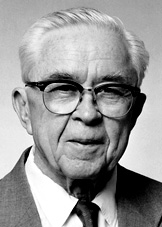
Edward Butts Lewis was an American geneticist, a corecipient of the 1995 Nobel Prize in Physiology or Medicine. He helped to found the field of evolutionary developmental biology.

Thomas Eugene Everhart FREng is an American educator and physicist. His area of expertise is the physics of electron beams. Together with Richard F. M. Thornley he designed the Everhart–Thornley detector. These detectors are still in use in scanning electron microscopes, even though the first such detector was made available as early as 1956.
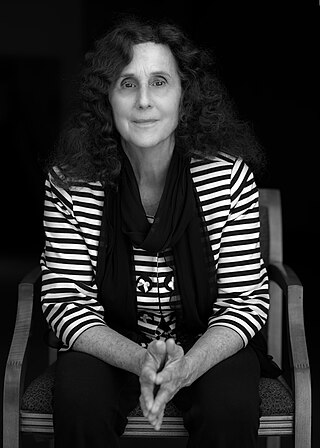
Pamela Jane Bjorkman NAS, AAAS is an American biochemist and molecular biologist. She is the David Baltimore Professor of Biology and Biological Engineering at the California Institute of Technology (Caltech). Her research centers on the study of the three-dimensional structures of proteins related to Class I MHC, or Major Histocompatibility Complex, proteins of the immune system, and proteins involved in the immune responses to viruses. Bjorkman's goal is to improve current therapeutic applications. Bjorkman is most well known as a pioneer in the field of structural biology.

Alexander J. Varshavsky is a Russian-American biochemist and geneticist. He works at the California Institute of Technology (Caltech) as the Morgan Professor of Biology. Varshavsky left Russia in 1977, emigrating to United States.
Kerckhoff or Kerckhoffs is a Dutch and Low German toponymic surname meaning "church yard". An ancestor may have lived near or worked in the church yard, or have come from a number of villages and hamlets named Kerkhove or Kerkhoven. Variant forms of the surname are Kerkhof, Kerkhoff(s), Kerkhove(n), and Van (de) Kerkhof(f). Notable people with the surname include:

The Coastal Science Campus of the University of California, Santa Cruz consists of five main institutions: UC Santa Cruz's Long Marine Laboratory, UC Santa Cruz's Coastal Biology Building, the NOAA Southwest Fisheries Science Center, the Seymour Marine Discovery Center, and the California Marine Wildlife Veterinary Care and Research Center.
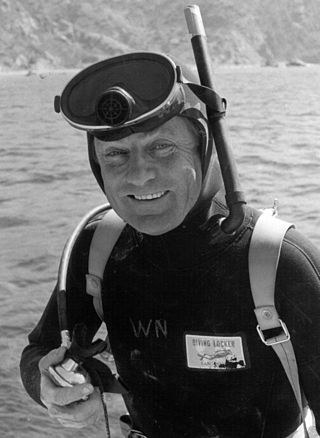
Wheeler James North, born in San Francisco, California, was a marine biologist and environmental scientist at the Scripps Institution of Oceanography and the California Institute of Technology. He is best known for his pioneering work to understand the ecology of California’s coastal kelp forests, and pioneering work in biomass fuels and the sequestration of atmospheric carbon dioxide.
Christopher J. Chang is a professor of chemistry and of molecular and cell biology at the University of California, Berkeley, where he holds the Class of 1942 Chair. Chang is also a member of the Helen Wills Neuroscience Institute, a Howard Hughes Medical Institute investigator, adjunct professor of pharmaceutical chemistry at the University of California, San Francisco, and faculty scientist at the chemical sciences division of Lawrence Berkeley Lab. He is the recipient of several awards for his research in bioinorganic chemistry, molecular and chemical biology.
Michael B. Elowitz is a biologist and professor of Biology, Bioengineering, and Applied Physics at the California Institute of Technology, and investigator at the Howard Hughes Medical Institute. In 2007 he was the recipient of the Genius grant, better known as the MacArthur Fellows Program for the design of a synthetic gene regulatory network, the Repressilator, which helped initiate the field of synthetic biology. He was the first to show how inherently random effects, or 'noise', in gene expression could be detected and quantified in living cells, leading to a growing recognition of the many roles that noise plays in living cells. His work in Synthetic Biology and Noise represent two foundations of the field of Systems Biology. Since then, his laboratory has contributed to the development of synthetic biological circuits that perform a range of functions inside cells, and revealed biological circuit design principles underlying epigenetic memory, cell fate control, cell-cell communication, and multicellular behaviors.
Michael H. Dickinson is an American fly bioengineer and neuroscientist, and Zarem Professor of Biology and Bioengineering at the California Institute of Technology. He studies Drosophila flight control systems and sensory processing and was dubbed the Fly Guy by The Scientist.
Caltech's 124-acre (50 ha) primary campus is located in Pasadena, California, approximately 11 miles (18 km) northeast of downtown Los Angeles. It is within walking distance of Old Town Pasadena and the Pasadena Playhouse District and therefore the two locations are frequent getaways for Caltech students.
The Coastal and Marine Institute Laboratory (CMIL), formerly known as the Coastal Waters Laboratory, is an academic laboratory operated by the College of Sciences of San Diego State University (SDSU), in the Point Loma district of San Diego, California.
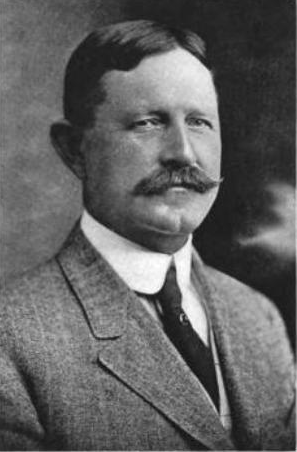
William George Kerckhoff (1856–1929) was an American businessman.

Marianne Bronner is a developmental biologist who currently serves as Edward B. Lewis Professor of Biology and an executive officer for Neurobiology at the California Institute of Technology. Her most notable work includes her research on the neural crest. Bronner's research focuses on studying the cellular events behind the migration, differentiation, and formation of neural crest cells. She currently directs her own laboratory at the California Institute of Technology called the Bronner Laboratory, and she has authored over 400 articles in her field.
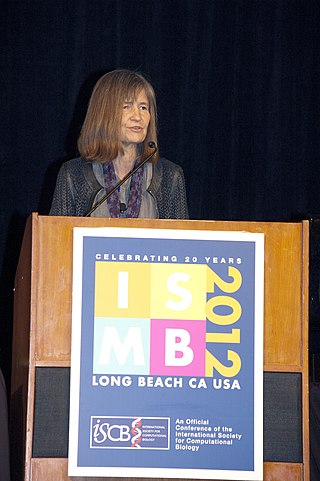
Barbara J. Wold is the Bren Professor of Molecular Biology, the principal investigator of the Wold Lab at the California Institute of Technology (Caltech) and the principal investigator of the Functional Genomics Resource Center at the Beckman Institute at Caltech. Wold was director of the Beckman Institute at Caltech from 2001 to 2011.

The Beckman Institute at Caltech is a multi-disciplinary center for research in the chemical and biological sciences, located at and partnering with the California Institute of Technology (Caltech) in Pasadena, California, United States.
Victoria J. Orphan is a geobiologist at the California Institute of Technology who studies the interactions between marine microorganisms and their environment. As of 2020, she is the Chair for the Center of Environmental Microbial Interactions.
Erin Margaret Schuman, born May 15, 1963, in California, US, is a neurobiologist who studies neuronal synapses. She is currently a Director at the Max Planck Institute for Brain Research.
